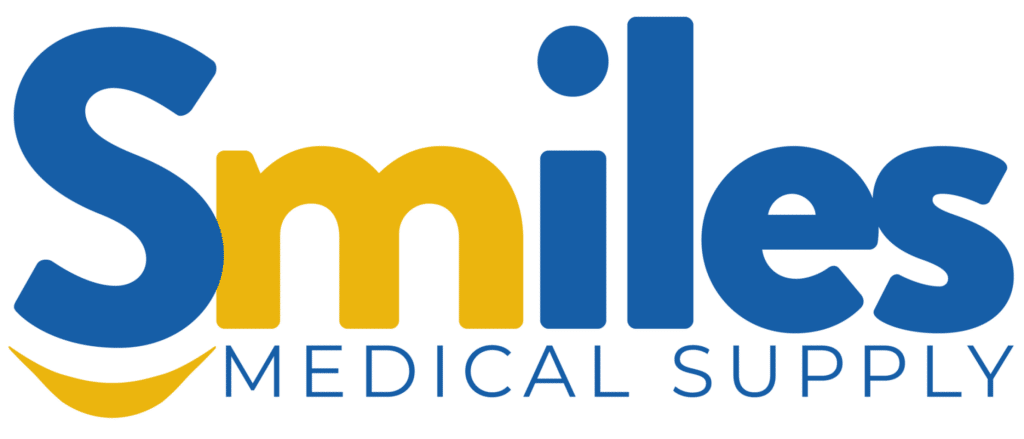Medicare Part B beneficiaries often face a complex healthcare system, especially when it comes to managing chronic conditions and accessing the necessary medical supplies. One of the most beneficial services available to these individuals is pharmacy referrals, particularly for durable medical equipment (DME) like continuous glucose monitors (CGMs). This article will explore the numerous advantages of pharmacy referrals for Medicare Part B beneficiaries, emphasizing how they can lead to better health outcomes and streamlined care.
Improved Access to Specialized Medical Equipment
One of the primary benefits of pharmacy referrals is improved access to specialized medical equipment, such as continuous glucose monitors (CGMs). These devices are essential for individuals managing diabetes, as they provide real-time glucose level monitoring, enabling better control over the condition. However, obtaining a CGM through Medicare Part B can be a challenging process without proper guidance. Pharmacy referrals for DME referrals for CGM ensure that beneficiaries can access these critical devices quickly and efficiently, reducing the time spent navigating the system and improving overall diabetes management.
Pharmacies are often well-connected within the healthcare system and have the expertise to guide beneficiaries through the process of obtaining a CGM. They can work directly with the patient’s healthcare provider to ensure that all necessary documentation and approvals are in place, streamlining the process and reducing potential delays. This seamless coordination can make a significant difference in the patient’s ability to manage their condition effectively.
Enhanced Coordination of Care
Pharmacy referrals also play a crucial role in enhancing the coordination of care for Medicare Part B beneficiaries. When a pharmacy is involved in the referral process, there is often better communication between the various healthcare providers involved in the patient’s care. This ensures that everyone is on the same page regarding the patient’s needs and treatment plan, leading to more cohesive and effective care.
For example, when a pharmacy facilitates a DME referral for a CGM, they can communicate directly with the prescribing physician to confirm the patient’s eligibility and ensure that all necessary information is provided. This reduces the likelihood of errors or omissions that could delay the patient’s access to the equipment they need. Additionally, pharmacies can provide ongoing support and education to the patient, helping them to use their CGM correctly and maintain optimal glucose control.
Financial Savings and Cost Efficiency
Another significant advantage of pharmacy referrals is the potential for financial savings and cost efficiency. Medicare Part B beneficiaries often face out-of-pocket costs for medical supplies and equipment, which can add up over time. By utilizing pharmacy referrals, patients may be able to reduce these costs through better access to Medicare-approved suppliers and discounts.
Pharmacies are often knowledgeable about the various suppliers and options available to Medicare beneficiaries, including those that offer competitive pricing or discounts on DME. By working with a pharmacy, patients can ensure that they are getting the best possible deal on their medical equipment, such as CGMs. Additionally, pharmacies can help patients navigate the complex billing process, ensuring that they are correctly reimbursed by Medicare for their expenses.
Simplified Process for Obtaining Durable Medical Equipment
The process of obtaining durable medical equipment (DME) can be overwhelming for many Medicare Part B beneficiaries. This is especially true for devices like continuous glucose monitors, which require specific documentation and approvals. Pharmacy referrals can simplify this process by guiding patients through each step and ensuring that all necessary paperwork is completed correctly.
Pharmacies often have established relationships with DME suppliers and are familiar with the Medicare Part B requirements for obtaining equipment like CGMs. They can help patients gather the necessary medical records, prescriptions, and other documentation needed to obtain approval from Medicare. By streamlining the process, pharmacies can reduce the stress and frustration that often accompanies the DME referral process, allowing patients to focus on managing their health.
Personalized Support and Patient Education
In addition to facilitating access to medical equipment, pharmacies also offer personalized support and patient education, which is invaluable for Medicare Part B beneficiaries. This is particularly important for individuals using complex devices like continuous glucose monitors, which require proper usage and maintenance to be effective.
Pharmacies can provide one-on-one consultations with patients to ensure they understand how to use their CGM correctly. This might include demonstrations, educational materials, and ongoing support to address any questions or concerns that arise. By offering this level of personalized care, pharmacies can help patients achieve better health outcomes and reduce the risk of complications associated with poor diabetes management.
Increased Patient Satisfaction and Confidence
When Medicare Part B beneficiaries receive the support they need through pharmacy referrals, their overall satisfaction with their healthcare experience tends to increase. This is because pharmacy referrals not only simplify the process of obtaining necessary medical equipment but also provide patients with the confidence that they are receiving the best possible care.
Knowing that they have a knowledgeable and supportive team behind them can make a significant difference in a patient’s outlook and willingness to engage in their own healthcare management. For those managing chronic conditions like diabetes, having access to the right tools, such as CGMs, and the education to use them effectively can lead to a better quality of life.
Key Takeaways: The Role of Pharmacy Referrals in Medicare Part B
To summarize the benefits of pharmacy referrals for Medicare Part B beneficiaries:
- Improved access to specialized medical equipment like continuous glucose monitors (CGMs).
- Enhanced coordination of care between healthcare providers and patients.
- Financial savings and cost efficiency through access to Medicare-approved suppliers and discounts.
- Simplified process for obtaining durable medical equipment.
- Personalized support and patient education to ensure proper use of medical devices.
- Increased patient satisfaction and confidence in their healthcare management.
A Better Understanding Of DME Referrals For CGM
Pharmacy referrals are an invaluable resource for Medicare Part B beneficiaries, particularly those in need of durable medical equipment like continuous glucose monitors. By leveraging the expertise and support of their local pharmacies, patients can navigate the complex healthcare system with greater ease, ensuring they receive the equipment and care they need to manage their health effectively. Whether it’s simplifying the referral process, providing financial guidance, or offering personalized education, pharmacies play a critical role in helping Medicare beneficiaries achieve better health outcomes.

